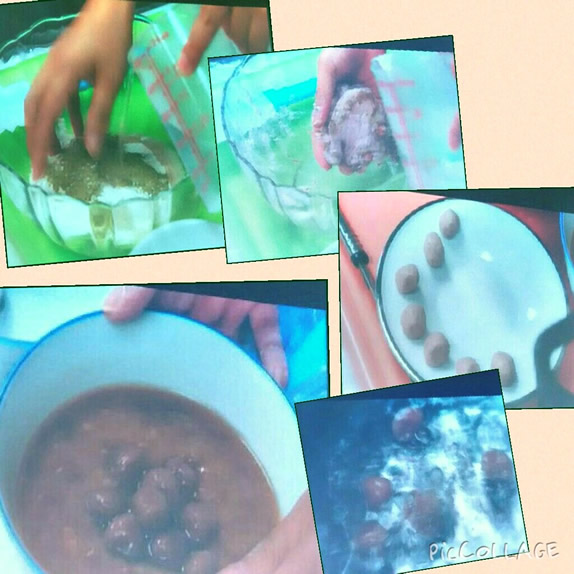I was reading The Straits Times when I came across this headline – “Take steps to prevent falls“, dated 1 April 2019.
This reminded me of an assignment given to us on the topic of Nutrition Adequacy. Similar to the article, it was targeting the elderly’s health.
It was stated in the article that the number of hip fractures in Singapore is around 2500 per year. And 20% from this group dies within a year 🙁 This is quite a high percentage…
Due to their immobility, their muscles get wasted and they also get complications such as bed sores, pneumonia, urinary tract infections, constipation and many more; all which threaten their lives.
Other than preventing osteoporosis to avoid fractures and higher chance, hip fractures, it is also important to prevent falls. Why do the elderly fall?
Poor vision, muscle weakness are some reasons and chronic health conditions such as cardiovascular diseases with high or low blood pressure can cause dizziness.
Sarcopenia is a disease associated with muscle-loss with ageing. With the loss of muscles, it is easy for them to fall. To lower the rate of muscle-loss, strength (resistance) exercise, as well as sufficient protein intake is important.
“Protein is the king of muscle food. The body breaks it down into amino acids, which it uses to build muscle.” – https://www.health.harvard.edu/staying-healthy/preserve-your-muscle-mass
However, again due to ageing, some begin to encounter difficulties chewing and/or swallowing of their food. They tend to avoid fruits and vegetables, go for refined food such as white bread, rice, noodles that are easier to chew, but clearly in lack of vitamins and protein found in vegetables and legumes.
As one gets older, the calories needed is also less due to a drop in basal metabolism and lean muscle mass. Their diet thus needs to be nutrient-rich. Plant-based over animal-based are preferred as the former has no cholesterol, lesser calories and saturated fat.
Nutritional Immunology products such as Nutrifresh, Aromantic, Vegecolor become a very good wholefood beverages to supplement their diet for protein, vitamins, phytochemicals, fiber, antioxidants and calcium.
One can also refer to the Health Promotion Board – Dietary Guidelines for Elderly to understand more about elderly nutrition.
Last but not least, the elderly regard food as a family; the togetherness that equates to quality of life and eating well.
5 April 2019
![]()












